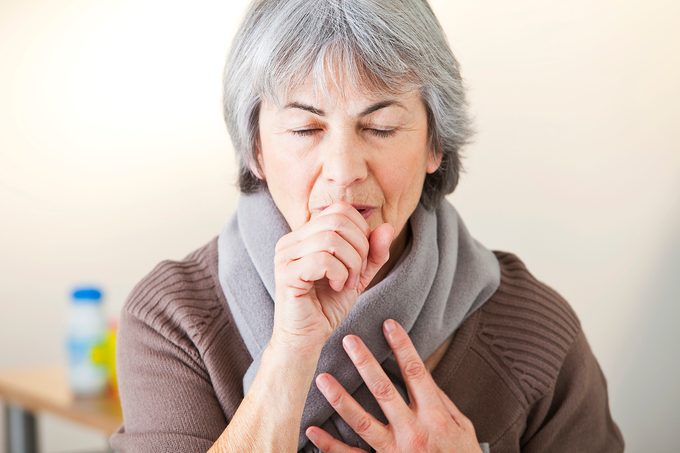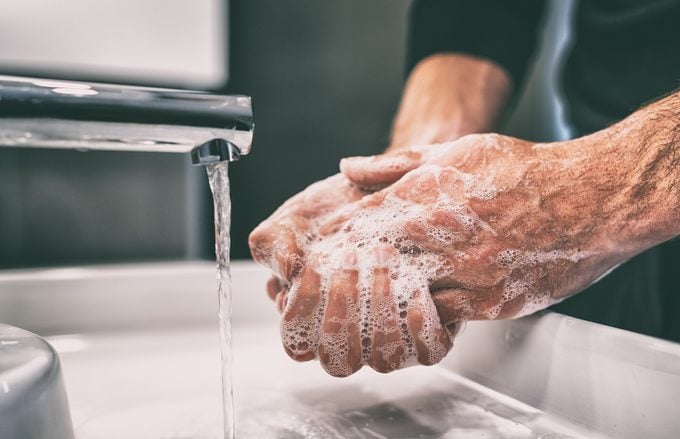“RSV is a common and pervasive cause of acute respiratory illness that is highly contagious and usually affects an individual’s lungs and airways,” said Bill Gruber, MD, Senior Vice President of Pfizer Vaccine Clinical Research and Development.i “It can occur in people of all ages, but the risk of serious infection increases in older adults and for those with chronic heart or lung disease or weakened immune systems.
For older adults, RSV is a leading cause of moderate to severe respiratory illness.ii In the United States, it is estimated that more than 177,000 adults over the age of 65 are hospitalized and 14,000 of them die each year due to RSV,” he added.i
The disease burden of RSV in children is also staggering. Globally, there are an estimated 33 million cases of RSV annually in children less than 5 years of age, with about 3 million hospitalized and up to approximately 120,000 dying each year from complications associated with the infection.iii

Given the influx of circulating viruses, it is important to know the common symptoms of RSV and how to tell the difference between respiratory illnesses. RSV infections can feel like a common cold and include symptoms such as a runny nose, a decrease in appetite, coughing, sneezing, fever, and wheezing.iv The virus can spread in many ways – through coughs or sneezes from an infected person, virus droplets getting in the eyes, nose, or mouth, touching a surface with the virus on it, and direct contact with the virus.v
“Since many of the symptoms of RSV may feel and appear similar to COVID-19 symptoms, people receiving a negative COVID-19 test may not take the necessary next steps to see if they have RSV,” Dr. Gruber said. “If you are experiencing symptoms of RSV and not feeling better, it is important to go to your doctor.”

As with any virus, it is important to practice good hygiene to prevent the spread of disease, such as frequently washing your hands for 20 seconds and avoiding contact with others while sick. There is currently no approved vaccine available as a preventative option to help reduce the incidence and severity of RSV infections.i The medical community is limited to providing supportive care, such as oxygen and fluids, for those with severe infection.i

“There is a great medical need to develop a safe and effective vaccine as an option to help reduce the incidence and severity of RSV infections,” Dr. Gruber added. “A vaccine for RSV, however, has been an elusive goal for over half a century, but now with our commitment to late-stage research and new scientific discoveries, we are closer than ever before to making a breakthrough to potentially develop an RSV vaccine for both adults through direct vaccination and infants through maternal immunization.”
For more information on RSV, please visit pfizer.com/RSVcommitment.
i Centers for Disease Control and Prevention. “Older Adults Are at High Risk for Severe RSV Infection.” Accessed 15 June 2021. Page last reviewed 18 December 2020. Available at https://www.cdc.gov/rsv/factsheet-older-adults.html
ii Centers for Disease Control and Prevention. “Respiratory Syncytial Virus Infection (RSV) – Symptoms and Care.” Accessed 07 September 2021. Available at https://www.cdc.gov/rsv/about/symptoms.html
iii Collins PL, Melero JA. Progress in understanding and controlling respiratory syncytial virus: still crazy after all these years. Virus Res. 2011; 162 (1-2): 80-99. https://www.ncbi.nlm.nih.gov/pmc/articles/PMC3221877/pdf/nihms326799.pdf Accessed 07 September 2021.
iv Centers for Disease Control and Prevention. “RSV Transmission.” Accessed 07 September 2021. Available at https://www.cdc.gov/rsv/about/transmission.html.
